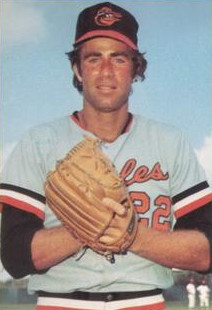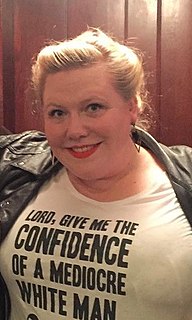A Quote by John Lydon
If you really want the truth of anything, don't use Wikipedia.
Related Quotes
I don't really agree that most academics frown when they hear Wikipedia. Most academics I find quite passionate about the concept of Wikipedia and like it quite a bit. The number of academics who really really don't like Wikipedia is really quite small and we find that they get reported on in the media far out of proportion to the amount they actually exist.
Now in Wikipedia it's really interesting. If you put something incorrect up on Wikipedia within minutes there are people crawling all over that sentence saying, "This is wrong" or "I want to change this" or "You've got to include an amplification," et cetera. So there's this massive checks and balances that actually makes that accuracy work. This is the kind of model that we - and I'm not sure why no one's discussing this - that we now have to begin to apply to fake news.
The core community is passionate about quality and getting it right. If you want to read some good criticisms of Wikipedia, probably the best place to go is to the Wikipedia article called 'criticisms of Wikipedia'... It was either the dumbest thing or the smartest thing I ever did. The dumbest thing for the obvious reasons, but the smartest thing because I don't think it could have had nearly as much impact as it has. One of the key things that inspired people to put a lot into it (was the charity aspect).
I found that most people don't really want to know the truth. There are plenty of people who want to know the truth on their terms or require that the truth be contained within certain boundaries of comfort. But truth can never be known this way. You have to seek truth from a place of not knowing, and that can be a very threatening place because we think we already know the truth or we are afraid of what the truth might be.


































